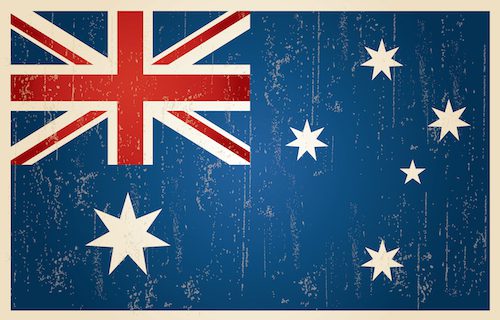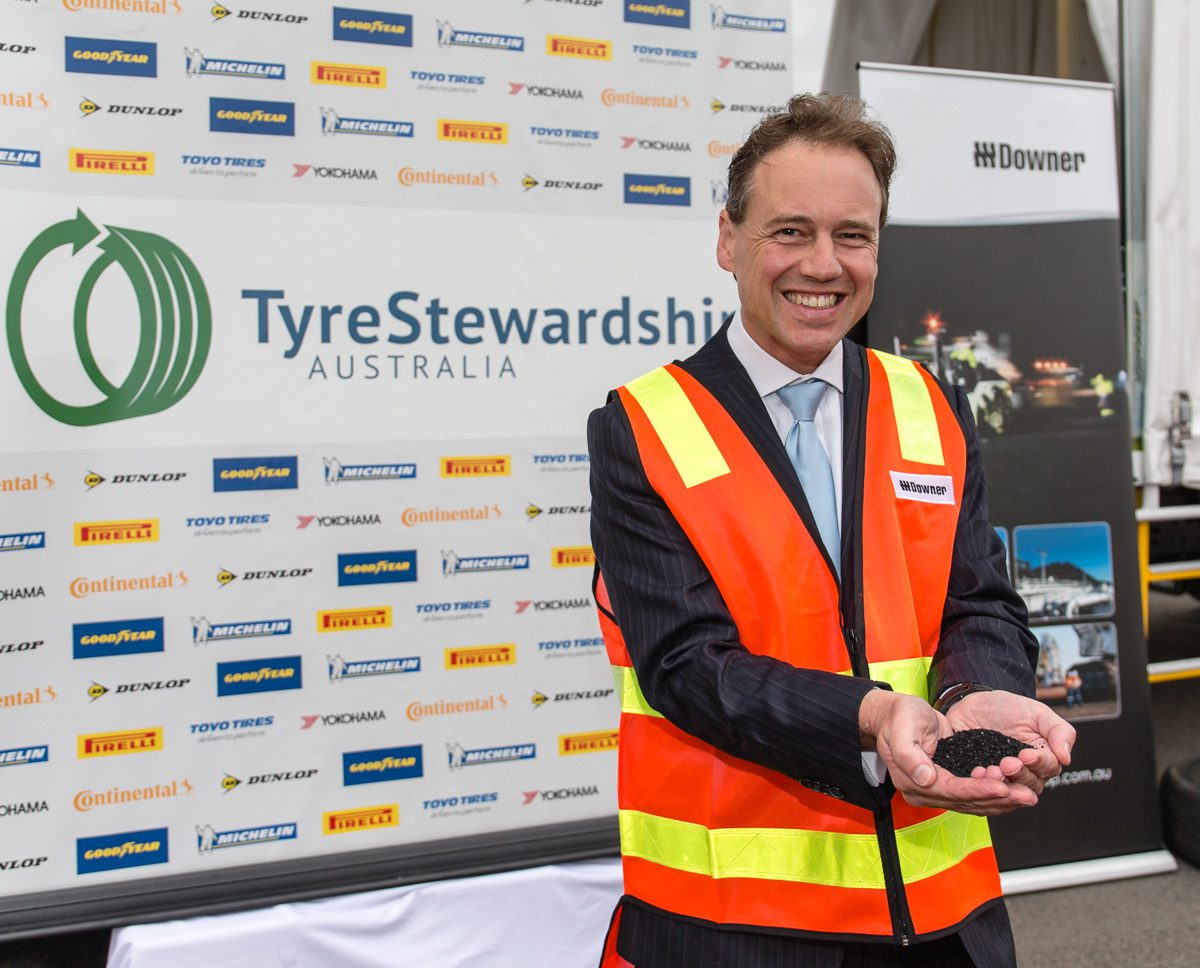Australia’s state elections and creating political momentum
Victoria, and more immediately South Australia and Tasmania, are now in ‘how to win election’ mode. Both SA and Tas go to the polls on 15 March.
Wins for the ‘blues’ are anticipated in both States this weekend, ending more than a decade of Labor reign in each jurisdiction.
For Victoria it is not as clear-cut. This is where industry that has been slow out of the blocks to influence political parties’ strategies still has an opportunity.
The election is officially due in November. But there is speculation that it could be as early as April if the unpredictable independent member Geoff Shaw tips the balance of power to Labor on any issue that is not to his liking with the Coalition (Liberal/National) Government that has only been in power for one term.
The recent ‘good news’ announcements by the Victorian Premier of the food export strategy to Asia, the public transport upgrades, the rescue of SPC cannery and multi-million dollar meat work expansions shows that Napthine is not waiting around. They are all telltale signs that campaigning is now underway.
But this is where it ends for the electorate at the moment. There is no message yet of the vision for the State.
It is well known that no campaign is strong without a good plan, and no plan is strong without a good message. Message is what drives the campaign plan; it sets the parameters in which the strategy is devised. It also drives momentum and with momentum, campaigns roll to victory.
Companies should be putting forward their cases now as to what they are seeking from government and, in turn, influence the message.
The $100 million Food for Asia strategy is the perfect example. The government is giving industry the opportunity to show that it supports the plan by each company publicising their export plans. In doing so, the government is, in effect, seeking endorsement for its plan. It is an old, but effective, election strategy.
Therefore, understanding government policy and how government works should be an integral part of any company’s operations.
RM




